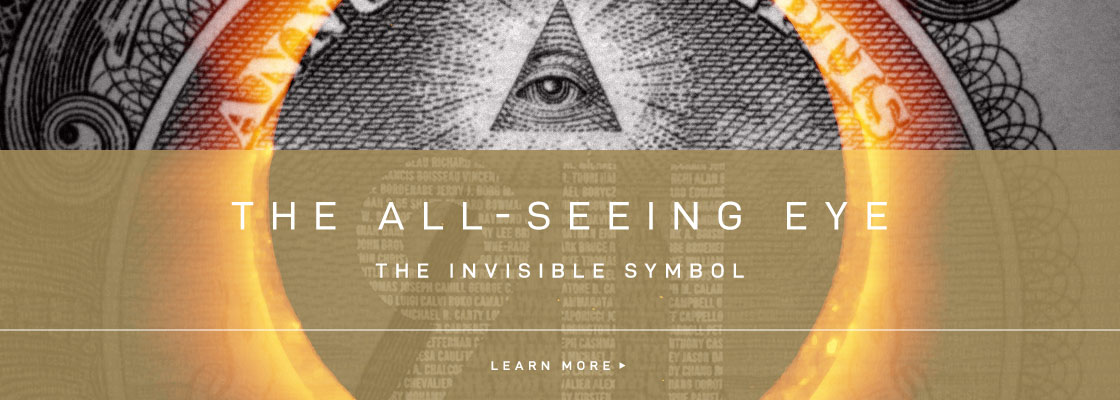The Holocaust (WWII)
(German Occupied Europe – 1941-1945)

Hugh Grant
(Former Chairman, President & CEO of Monsanto)

Hugh Grant (born 23 March 1958) is a Scottish business executive, who was the last CEO of Monsanto until its acquisition by Bayer.
Career
He worked in Scotland from 1981 to 1991 for the then US-based Monsanto company and then was appointed global strategy director in the agriculture division, based in St. Louis, Missouri. In 1995, he became managing director for the company’s Asia-Pacific region and in 1998, co-president of the agriculture division.
The 20th-century Monsanto Company, in the midst of a roughly five-year series of mergers and spin-offs (which had the effect of reducing its focus on chemicals in favor of biotechnology), legally ceased to exist in 2000. A new Monsanto Company was created and Grant became executive vice president and chief operating officer of this new Monsanto. In 2003, he became president and chief executive officer and joined the board of directors.
In March 2009, Grant was named one of the world’s 30 most respected CEOs on Barron’s annual list. He was named 2010 CEO of the Year by Chief Executive magazine. In 2009, Grant earned a total compensation of $10,803,757, which included a base salary of $1,391,356, a cash bonus of $1,070,382, stocks granted of $1,875,766, options granted of $5,902,039, and other compensation of $564,214.
He became a director of the Harris Distillery in 2014. In March 2018, Grant announced that after being acquired by Bayer, he would leave the company and he received a pay-off of approximately $77m post-sale
Monsanto
The Monsanto Company was an American agrochemical and agricultural biotechnology corporation founded in 1901 and headquartered in Creve Coeur, Missouri. Monsanto’s best known product is Roundup, a glyphosate-based herbicide, developed in the 1970s. Later the company became a major producer of genetically engineered crops. In 2018, the company ranked 199th on the Fortune 500 of the largest United States corporations by revenue.
Monsanto was one of four groups to introduce genes into plants in 1983, and was among the first to conduct field trials of genetically modified crops in 1987. It was one of the top 10 US chemical companies until it divested most of its chemical businesses between 1997 and 2002, through a process of mergers and spin-offs that focused the company on biotechnology. Monsanto was one of the first companies to apply the biotechnology industry business model to agriculture, using techniques developed by biotech drug companies. In this business model, companies recoup R&D expenses by exploiting biological patents.
Monsanto’s roles in agricultural changes, biotechnology products, lobbying of government agencies, and roots as a chemical company, resulted in controversies. The company once manufactured controversial products such as the insecticide DDT, PCBs, Agent Orange, and recombinant bovine growth hormone. Its seed patenting model was criticized as biopiracy and a threat to biodiversity as invasive species.
In September 2016, German chemical company Bayer announced its intent to acquire Monsanto for US$66 billion in an all-cash deal. After gaining US and EU regulatory approval, the sale was completed on June 7, 2018. The name Monsanto was no longer used, but Monsanto’s previous product brand names were maintained. In June 2020, Bayer agreed to pay numerous settlements in lawsuits involving Monsanto products Roundup, PCBs and Dicamba.
Source: Wikipedia
False Flag
A false flag is a covert operation designed to deceive; the deception creates the appearance of a particular party, group, or nation being responsible for some activity, disguising the actual source of responsibility.
4-3.8 – Hugh Grant
(Former Chairman, President & CEO of Monsanto)




Subliminal Symbolism




You must be logged in to post a comment.